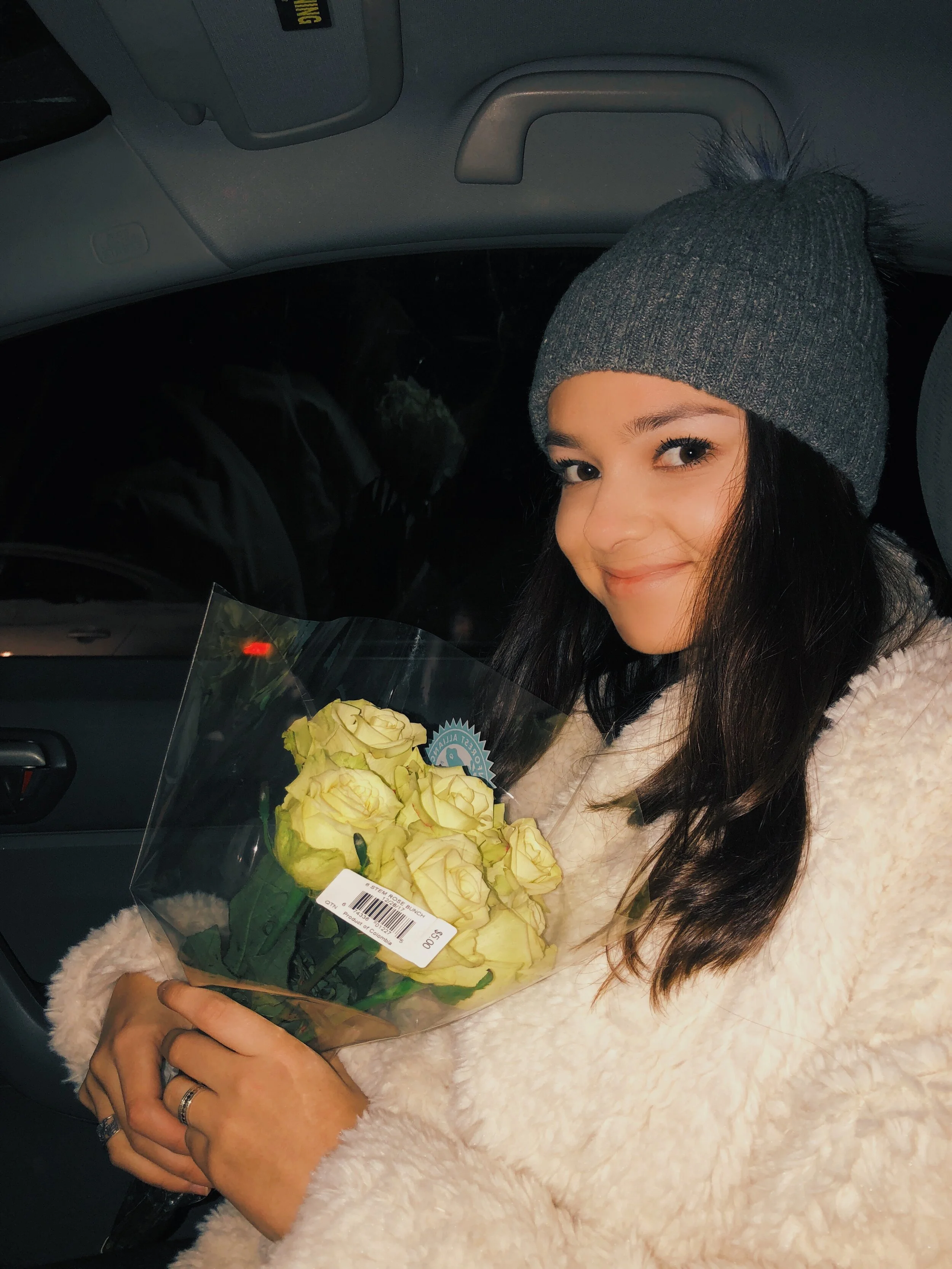Winter Is Coming and So Are Fur Alternatives
As fall is just picking up pace, retailers are already starting to showcase their winter collections. Fur has been, and always will be, a staple for the cold months. Whether it’s a floor length coat, the hood of your parka, or the pom-pom on your hat, what used to be a luxury few could afford is now something that high-end brands are getting rid of all together.
Just under a year ago, Chanel, one of the largest and most revered names in fashion, announced their plans to go vegan. They banned the use of furs and exotic skins in their products. They were the first to make this pivotal move, but others were not able to ignore society’s changing views on animal products.
Faux fur shaggy coat with gray details
Now Burberry, Versace, and Gucci are among the labels that no longer use fur. However, there is one major catch with these seemingly good-hearted decisions. Just because they do not specifically use fur, they are still using leather, which does not completely eliminate the animal cruelty problem that lies at the heart of the reason behind banning fur.
This is why Chanel’s decision was so groundbreaking. A name like Chanel that has been around since the early 1900s is adapting to society’s call to action and not clinging onto the stereotype of luxury and status of fur and leather products.
One high end brand that is founded on animal rights and sustainability is Stella McCartney. The British designer is known for her leather free, yet still just as extravagant, and the price tags certainly reflect that. Her vegan handbags range from $500 to $1,000.
Anthropologie faux fur cropped jacket
This year at fashion week, 75% of her collection was sourced from sustainable materials. One of the designs that stole the show was a lush, black “fur” coat. However, this fur was made of a byproduct of corn. And the jacket is 100% recyclable so it can be properly discarded without producing any waste once it is no longer wanted.
This material is called “Koba”. One of the major complaints about the faux fur most of us have felt, worn, or seen is that it is not eco friendly. But McCartney’s use of Koba is taking one giant step towards bridging the possibility of clothing that is kind to animals and the environment.
The future of faux fur and animal skins is certainly a bright one, and with major names in fashion making the switch to veganism, there really is no option but to invest the time and creativity in finding high quality, luxurious, sustainable, and cruelty free materials.
Show us your faux fur favorites! Tag us at #elonootd in your favorite fluff for a chance to be featured (try saying that three times fast)

